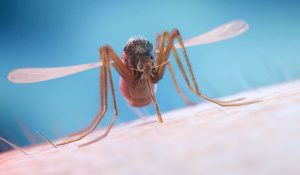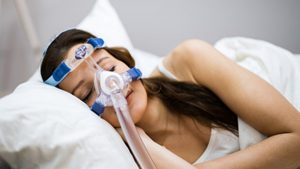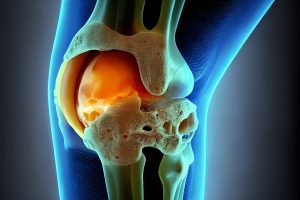Plenty of people enjoy a cup or two, or maybe three or four, of coffee every day.
But new research shows that people with severe high blood pressure (“hypertension”) should steer clear of drinking too much java.
The study found that for those with blood pressure of 160/100 or higher, drinking two or more cups of coffee daily was associated with a doubled risk of death from heart disease compared to those who don’t drink coffee.
“We were surprised that heavy coffee consumption was associated with an increased risk of cardiovascular disease mortality among people with severe hypertension, but not in those without hypertension or with grade 1 hypertension,” said study author Dr. Masayuki Teramoto. He is with Osaka University Graduate School of Medicine in Japan and the department of epidemiology and biostatistics at the University of California, San Francisco.
“In contrast, green tea consumption was not associated with an increased risk of cardiovascular disease mortality across all blood pressure categories,” Teramoto added.
Why no heart harm with green tea? Researchers said polyphenols — micronutrients with anti-inflammatory and antioxidant properties — may be what’s responsible for the benefits of green tea.
“These beneficial effects of green tea may partially explain why only coffee consumption was associated with an increased risk of mortality in persons with severe hypertension, despite both green tea and coffee containing caffeine,” Teramoto said.
The analysis is observational, he cautioned, so cause and effect can’t be definitively proven.
Still, “the present study may support the assertion that heavy coffee consumption should be avoided among persons with severe hypertension,” Teramoto said.
For this investigation, researchers grouped people from the Japan Collaborative Cohort Study for Evaluation of Cancer Risk into five categories of blood pressure levels: 130/85 or lower (normal); 130-139/85-89 (high normal); 140-159/90-99 (grade 1 hypertension); 160-179/100-109 (grade 2 hypertension); and 180/110 mm Hg (grade 3 hypertension).
The researchers categorized the two highest levels of blood pressure as severe hypertension.
The adults in the study were living in 45 Japanese communities, and they provided data through health examinations and lifestyle questionnaires over the course of 19 years. More than 800 cardiovascular deaths were documented during the study period.
Other studies have found links between coffee and a lowered risk of type 2 diabetes and some cancers, controlling appetite and lowering the risk of depression, the study authors noted.
The new findings were published Dec. 21 in the Journal of the American Heart Association.
Dr. Gregory Marcus, associate chief of cardiology for research at University of California, San Francisco Health, said it is important to remember that the study is observational, so there may be other factors not taken into account. Marcus was not involved in the new study.
Coffee is an interesting research subject because it’s so commonly consumed and may have both good and bad effects, Marcus said. Not only that, but it’s likely those effects vary from person to person, because of genetics, behaviors and other exposures.
“It’s interesting to consider that if someone has more severe hypertension, that does suggest there’s some pathology in the way that their cardiovascular system is operating. So, for example, perhaps their blood vessels are more prone to constrict and not readily able to vasodilate [widening of the blood vessels] as much as those without such severe high blood pressure,” Marcus said. “Or they’re more prone to holding onto salt and fluid, essentially keeping the tank really full, and that’s what contributes to their more severe high blood pressure.”
Marcus offered some suggestions for people with high blood pressure to minimize the impact of whatever beverage they choose to drink.
He suggested that for people for whom drinking coffee is a quality-of-life issue, they should get a blood pressure cuff, calibrate it with their doctor’s cuff and then experiment at home, checking their blood pressure after drinking coffee to see if it changes.
“If they’re going to do it, it should be with careful surveillance of their blood pressure, again in partnership with their health care provider,” Marcus said.
More information
The U.S. Centers for Disease Control and Prevention has more on cardiovascular disease.
SOURCES: Masayuki Teramoto, MD, MPH, department of social medicine, Osaka University Graduate School of Medicine, Japan, Institute for Global Health Policy Research, Bureau of International Health Cooperation, National Center for Global Health and Medicine, Tokyo, and department of epidemiology and biostatistics, University of California, San Francisco; Gregory Marcus, MD, MAS, professor, medicine in residence, and associate chief, cardiology for research, and professor, atrial fibrillation research, University of California, San Francisco Health; Journal of the American Heart Association, Dec. 21, 2022
Copyright © 2024 HealthDay. All rights reserved.













-300x200.jpeg)
-300x213.jpeg)










